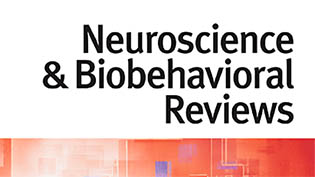Deep Learning Technology: Concepts and Applications in Biological Psychiatry
Authors: Andrea Mechelli*
Journal: Biological Psychiatry
DOI: 10.1016/j.biopsych.2018.02.221
Abstract: Technology companies such as Google, Facebook and Apple have long been using deep learning technology (DLT) for big data analysis in order to predict how people search the internet and what news they are interested in. In light of its superior ability to detect high orders of complexity and abstraction in the data, DLT is now becoming the focus of increasing attention in the brain sciences. This presentation will provide an overview of DLT and its potential applications to the investigation of brain-based disorders. In the first part of the presentation, I will outline the key concepts of DLT. One of the simplest DLT structures, the multilayer perceptron, will be used to illustrate the steps of training and testing. In the second part of the presentation, I will discuss potential applications of DLT in biological psychiatry. To illustrate one of these applications, I will present a novel investigation that compared the performance of DLT against that of shallow machine learning methods. Methods: A type of DLT known as Convolutional Neural Network and three shallow machine learning methods (Support Vector Machine, Multi-Kernel Learning and Logistic Regression) were applied to five independent multi-modal neuroimaging datasets comprising 295 patients with psychosis and 452 healthy controls. Results: DLT was able to detect patients and controls with a balanced accuracy of 78% (p<0.001); this was superior to the performance of shallow machine learning methods which was in the 70%-72% range. Conclusions: SVM has the potential of becoming a powerful tool in the search for biomarkers of psychiatric disorders. Supported By: The Wellcome Trust
